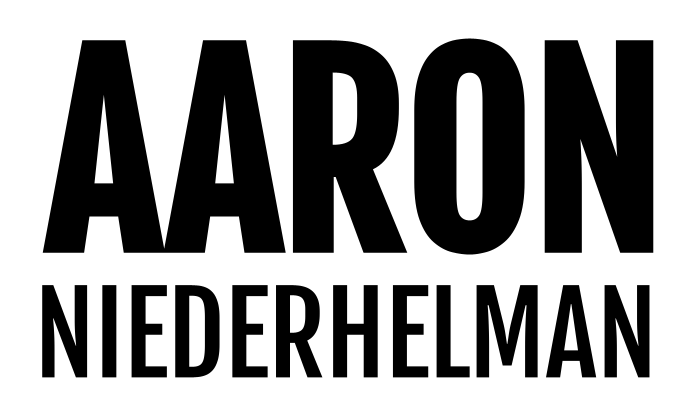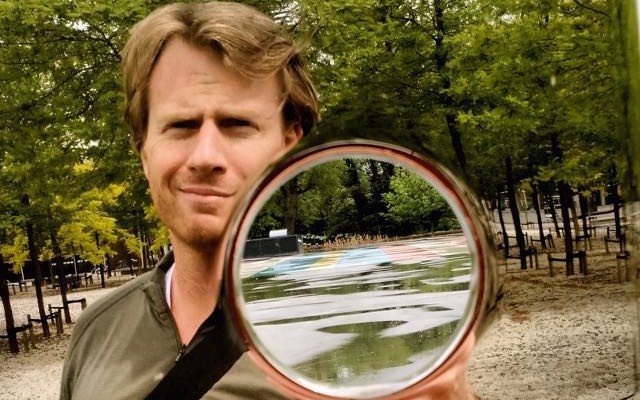In 2023, Aaron Niederhelman began a partnership with Brick Ends Compost Farm in Hamilton, MA for the Compost-Continuum trials of recipes for ecologically balanced compost & compost extracts to: 1) enhance local farming efforts, 2) improve the success rate of newly planted trees. Aaron also is part of the “Great Marsh Shellfish Improvement Initiative”, a multi-stakeholder partnership of diverse scientific horsepower, NGO prowess and for-profit capacity for instituting nature-based solutions, and regenerative ocean shellfish farming on shorelines north of Boston.
Niederhelman is the creator & host of the Sourcing Matters talk show series, the host & producer of UN Radio series ‘Laying Down Tracks’, and owner of media company all-consuming-behavior.
Prior, Niederhelman co-founded Monger.fish and OneHealth Agriculture co. to modernize the supply of food animal proteins through harmonizing the interests of producers and suppliers managing reputational risks tied to their sourcing claims. During COVID, Aaron was SVP & Head of Marketing, Brand and Communications in launching Flagship Pioneering co., Invaio Sciences. In 2015, an Eisenhower Fellowship program offered insights into values-based supply chains, regenerative natural resource management and water utilization strategies from across Europe and the Middle East.
Niederhelman was previously co-founder and Managing Director of the EAF Agrarian Fund, a real-asset private equity investment fund established to enrich the local market with well sourced regional proteins. Aaron first got into soil health in 2009 while working on the “go-organic” program for the PGA TOUR. Prior, Niederhelman cut his teeth in institutional investing with Fidelity Investments, and later was VP of Sales & Marketing at a financial services technology company that sold to Microsoft in 2007.

